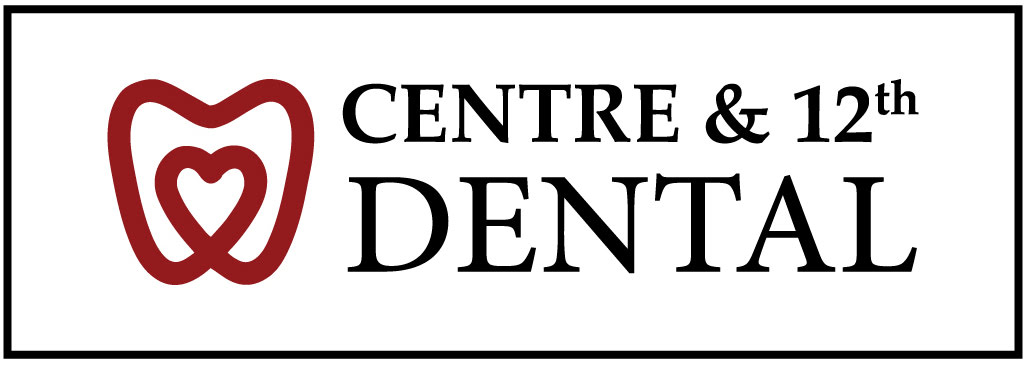Temporomandibular Joint (TMJ) nerve damage can be a challenging and misunderstood condition affecting the jaw joint and surrounding facial muscles. The TMJ facilitates essential movements like chewing, speaking, and yawning.
When the nerves associated with the TMJ are compromised, it can lead to various symptoms that can significantly impact daily life. Learn more about the symptoms related to this condition, and what you should be aware of when seeking treatment
Jaw Pain and Discomfort
One of the primary indicators of TMJ nerve damage is persistent jaw pain or discomfort. Individuals may experience pain on one or both sides of the jaw, ranging from mild to severe. This pain may be exacerbated by chewing, speaking, or even simple jaw movements.
It’s crucial to pay attention to the duration and intensity of the pain, as chronic discomfort could be a sign of underlying nerve issues that might trigger the need for dental TMJ jaw treatment.
Limited Jaw Movement
TMJ nerve damage can result in restricted jaw movement, making it challenging for individuals to open or close their mouths fully. This limitation may lead to difficulties performing everyday tasks such as eating, speaking, or smiling. If you notice a sudden decrease in your jaw’s range of motion, it’s essential to visit a dental clinic in Calgary to discover the most appropriate course of action.
Clicking or Popping Sounds
Multiple sounds like clicking, popping, or grating when moving the jaw are common symptoms of TMJ disorders, including nerve damage. These sounds often occur due to joint structures or cartilage irregularities.
While occasional clicking may not cause concern, persistent or worsening sounds could indicate a more significant issue, possibly involving nerve compression or damage. In this situation, you should immediately go for a TMJ nerve damage diagnosis.
Headaches and Migraines
TMJ nerve damage can contribute to chronic headaches or migraines. The jaw joint and surrounding muscles are intricately connected to the head and neck, so any disruption in the TMJ can radiate pain to these areas.
If you experience frequent headaches that seem to originate from the jaw or temples, it’s crucial to consider the possibility of TMJ nerve involvement and seek professional evaluation and eventually dental TMJ alignment treatment.
Ear Pain and Fullness
Nerve pathways associated with the TMJ are closely linked to the ears, and damage to these nerves can result in ear-related symptoms. Individuals with TMJ nerve damage may experience ear pain, a feeling of fullness, or even mild hearing issues.
It’s important not to dismiss these symptoms as ear problems, as they could indicate underlying jaw joint issues.
Facial Muscle Fatigue
Weakened or damaged nerves in the TMJ can lead to facial muscle fatigue. Individuals may notice increased tiredness in their facial muscles, especially after activities that involve jaw movement.
This fatigue can contribute to difficulties in maintaining facial expressions, and over time, it may affect overall facial muscle strength. That said, you should promptly seek dental TMJ correction services.
Tinnitus (Ringing in the Ears)
Tinnitus, or ear ringing, can be another manifestation of TMJ nerve damage. The intricate network of nerves around the TMJ can impact the auditory system, leading to the perception of sounds that aren’t present externally.
If you experience persistent tinnitus along with other TMJ-related symptoms, it’s advisable to consult with a healthcare professional for a comprehensive evaluation and possible treatment for the healing of TMJ nerve damage.
Call Us Today to Get the Relief You Need
Recognizing the symptoms of TMJ nerve damage is extremely necessary for early intervention and effective management of the condition. If you or someone you know is experiencing persistent jaw pain, limited movement, clicking sounds, headaches, ear-related symptoms, facial muscle fatigue, or tinnitus, seeking prompt medical attention is essential.
Our dentist can thoroughly examine the underlying cause and discuss treatments to alleviate symptoms and improve jaw health. Early intervention can significantly impact the prognosis of TMJ nerve damage, allowing individuals to regain normal jaw function and improve their quality of life.
Centre & 12th Dental specializes in advanced TMJ treatment in Calgary, focusing on minimizing nerve damage symptoms. We provide comprehensive evaluations to deliever personalized care to address jaw pain, limited movement, and related issues. Trust us for practical solutions to enhance your oral health.









